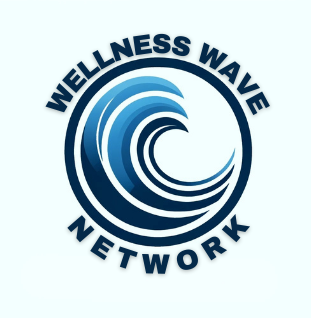Allergens: Common Triggers, Symptoms, and Management

Let's talk about allergens, dear ones. Allergens are substances that can cause allergic reactions in susceptible individuals. These reactions occur when the immune system mistakenly identifies a harmless substance as a threat and responds by releasing chemicals like histamine. Understanding common allergens, their symptoms, and how to manage them can help you and your family stay healthy and comfortable.
Common Allergens and Triggers
Allergens can be found in various environments and include:
- Airborne Allergens: These include pollen, animal dander, dust mites, and mold. They are common triggers for respiratory allergies such as hay fever and asthma (Mayo Clinic) (Mayo Clinic).
- Food Allergens: Common food allergens include peanuts, tree nuts, fish, shellfish, eggs, milk, soy, and wheat. Food allergies can cause a range of symptoms from mild itching to severe anaphylaxis (Mayo Clinic) (Mayo Clinic).
- Insect Stings: Bee and wasp stings can cause allergic reactions, ranging from localized pain and swelling to severe anaphylaxis in some individuals (Mayo Clinic).
- Medications: Antibiotics like penicillin, non-steroidal anti-inflammatory drugs (NSAIDs), and certain vaccines can trigger allergic reactions (Mayo Clinic).
- Latex: Commonly found in gloves and medical supplies, latex can cause skin reactions and, in severe cases, respiratory problems (Mayo Clinic).
Symptoms of Allergic Reactions
Allergic reactions can vary widely in severity and type, including:
- Mild Symptoms: These can include sneezing, itching, rashes, and mild swelling.
- Moderate Symptoms: Symptoms may include difficulty breathing, hives, and gastrointestinal issues such as nausea and vomiting.
- Severe Symptoms: Anaphylaxis is a life-threatening reaction that can cause a rapid drop in blood pressure, severe shortness of breath, and loss of consciousness (Mayo Clinic) (Mayo Clinic).
Managing Allergens and Preventative Measures
Avoidance: The best way to manage allergies is to avoid exposure to known allergens:
- Airborne Allergens: Keep windows closed during high pollen seasons, use air purifiers, and regularly clean your home to reduce dust mites and pet dander (Mayo Clinic) (Mayo Clinic).
- Food Allergens: Always read food labels carefully, avoid cross-contamination when preparing food, and educate caregivers about your or your child’s food allergies (Mayo Clinic).
Medications: Medications can help manage allergy symptoms:
- Antihistamines: These can relieve sneezing, itching, and runny nose.
- Decongestants: Useful for reducing nasal congestion.
- Corticosteroids: These can help reduce inflammation.
- Epinephrine: For severe allergic reactions, an epinephrine auto-injector (such as EpiPen) should be carried at all times (Mayo Clinic) (Mayo Clinic).
Immunotherapy: For severe or persistent allergies, allergen immunotherapy (allergy shots) or sublingual immunotherapy (allergen tablets placed under the tongue) may be recommended. These treatments help reduce sensitivity to allergens over time (Mayo Clinic) (Mayo Clinic).
Lifestyle and Home Remedies:
- Saline Nasal Irrigation: Rinsing the nasal passages with a saline nasal irrigation solution can help relieve nasal congestion and irritation.
- Reducing Indoor Allergens: Use HEPA filters, wash bedding frequently, and maintain low humidity levels to reduce dust mites and mold (Mayo Clinic) (Mayo Clinic).
References
Here are some reliable sources where you can learn more:
- Mayo Clinic: Allergies - Symptoms and Causes
- Mayo Clinic: Allergies - Diagnosis and Treatment
- Mayo Clinic: Food Allergy - Diagnosis and Treatment
- Mayo Clinic: Allergy Medications: Know Your Options
- Mayo Clinic: Hay Fever - Symptoms and Causes



